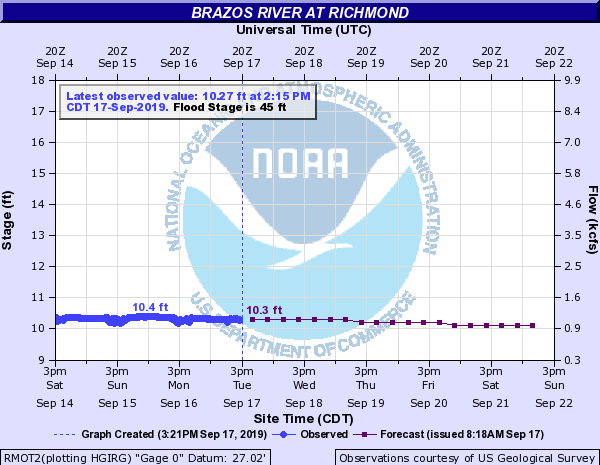LID 15 Stormwater Protection
Stormwater runoff can impact the water quality of local streams, creeks, and bayous. As rain water flows over residential and commercial rooftops, lawns and landscaping, construction sites, and roadways, the water can carry sediment and other pollutants into the streets and gutters. The storm sewer system collects rain water and conveys it directly into local flood control ditches and waterways without filtering or cleaning any of the runoff water. Sediment, litter, pesticides, animal wastes, fertilizers, and other harmful pollutants from suburban and business areas, facilities, construction sites, or District operations can have major downstream impacts on local waterways and beaches. Rain water runoff moves most of these pollutants from a residence, facility, construction site, or place of business through the storm sewer system, and into the receiving water. However, lawn watering can also transport these pollutants.
As rain water flows over residential and commercial rooftops, lawns and landscaping, construction sites, and roadways, the water can carry sediment and other pollutants into the streets and gutters. The storm sewer system collects rain water and conveys it directly into local flood control ditches and waterways without filtering or cleaning any of the runoff water. Sediment, litter, pesticides, animal wastes, fertilizers, and other harmful pollutants from suburban and business areas, facilities, construction sites, or District operations can have major downstream impacts on local waterways and beaches. Rain water runoff moves most of these pollutants from a residence, facility, construction site, or place of business through the storm sewer system, and into the receiving water. Lawn watering can also transport these pollutants.
Runoff from over watering a lawn laden with fertilizer and insecticide, household chemical waste improperly disposed in drains, and animal waste buildup all contribute to toxins that can end up in drains and eventually to watersheds intended to protect against rising watersheds.
Proper Fertilization Practices
- Always read the label before fertilizing the lawn
- Follow the directions accordingly
- When necessary, hire professionals to test the soil or apply the chemicals for you
Proper Use of Pesticides and Herbicides
- Always read the label before spraying pesticides or herbicides
- When necessary, hire professionals to apply the chemicals for you
Proper Animal Waste Management & Disposal Practices
- Always pick up pet waste
- Carry disposable bags on your walk
- Throw away pet waste
- Encourage others to pick up pet waste
It takes minimal effort to keep our stormwater clean. For more information on simple things you can do to protect our waterways, please visit cleanbayous.org.


